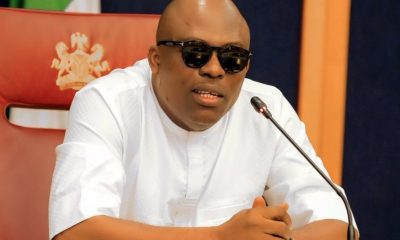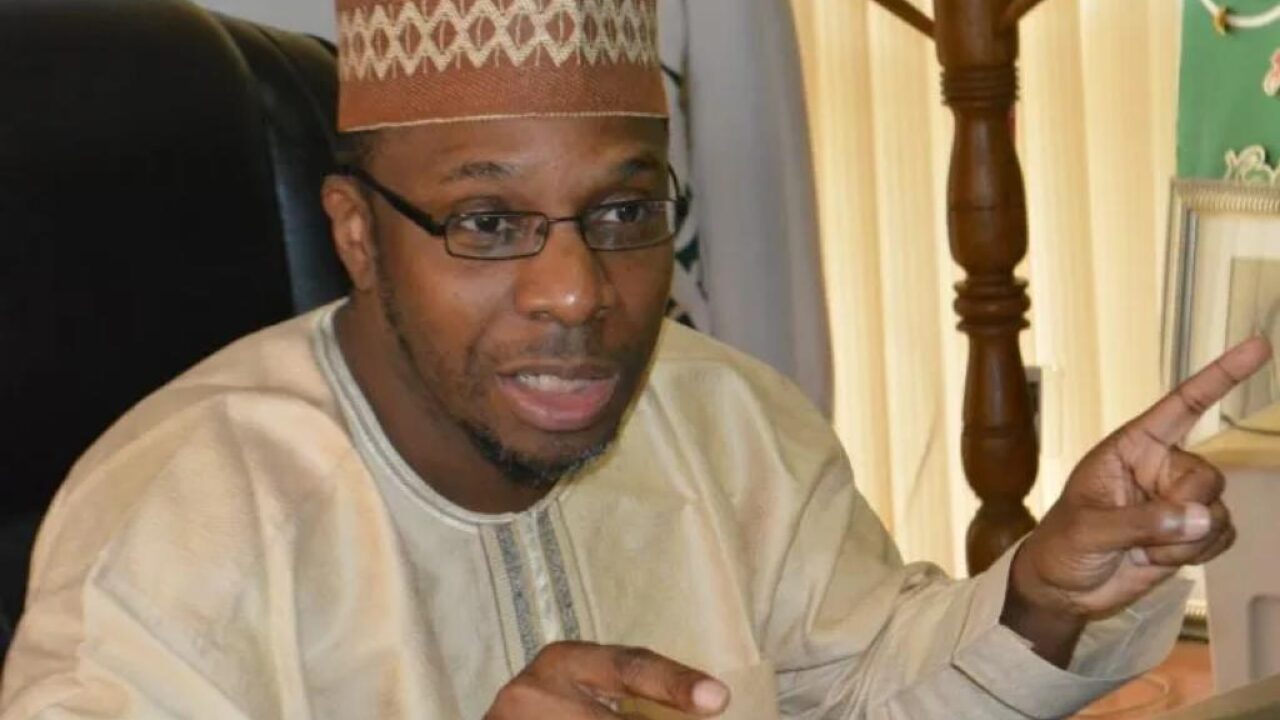Partner, Chief Economist, and Head of Research at KPMG Nigeria, Dr. Yemi Kale, has said that the moves by the Federal Government to disburse $800 million World Bank loan as a palliative could worsen the country’s inflation.
Aside from the inflation concern, Kale said the country also faces more debt problems with the loan, and there is also a challenge in properly identifying the 10 million ‘poorest’ households to disburse the money to.
According to the former Statistician-General of Nigeria, rather than distributing cash, the government could, for instance, deploy the fund to issue tech-based transport vouchers to Nigerians or use the fund for education or health support.
Reacting to the government’s plans to disburse the $800 million, Kale, in a Twitter post, said: “Minus the obvious debt issue and the inevitable challenges with properly determining, targeting, and disbursing to the 10 million “poorest” households, this could worsen inflation. Why not more non-cash-based palliatives? Eg., tech-based transport vouchers or health/education support, etc.”
Also commenting on the April inflation report released yesterday, which saw the rate jump to 22.22%, Kale said it is now obvious that the country’s inflation is not driven by demand but by the cost of transportation.
READ ALSO: Again, fuel subsidy debacle and Nigeria’s future
“Both inflation and the money supply appear to have been unaffected by MPR since September 2021. Rather, inflation has surged and the money supply is unbothered, suggesting the drivers of inflation are not demand. Seems to be more transport cost-driven. We are just increasing finance costs and squeezing growth,” he said.
President Muhammadu Buhari had recently written a letter to the Senate seeking its approval for the $800 million World Bank loan, which is meant to help cushion the effect of petrol subsidy removal on poor and vulnerable Nigerians.
This followed the Federal Government’s earlier announcement of the World Bank’s $800 million palliatives targeted at 50 million vulnerable Nigerians, or 10 million households, ahead of the removal of the petrol subsidy.
The request by President Buhari was contained in a letter read to the senators by the Senate President, Ahmad Lawan, during plenary on Wednesday, May 10, 2023.
Meanwhile, the Socio-Economic Rights and Accountability Project (SERAP) said that the Buhari administration has no justification for seeking the $800 million loan it had planned for cash transfers following the removal of fuel subsidy.
SERAP made an appeal to the World Bank recently to put a stop to the issuance and reopen discussions with the incoming administration on the reasons for and use of the $800 million loan. SERAP raised transparency issues with the request and asked the World Bank to consider the transparency and accountability issues regarding the loan request.

 Agribusiness1 week ago
Agribusiness1 week ago
 News1 week ago
News1 week ago
 News1 week ago
News1 week ago
 Football5 days ago
Football5 days ago
 Football1 week ago
Football1 week ago
 Football1 week ago
Football1 week ago
 Entertainment4 days ago
Entertainment4 days ago
 Football6 days ago
Football6 days ago

